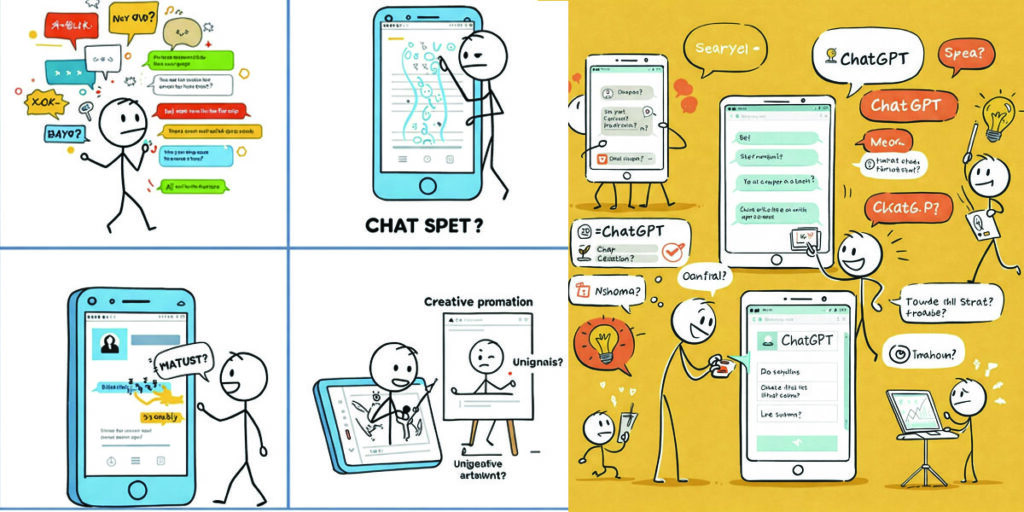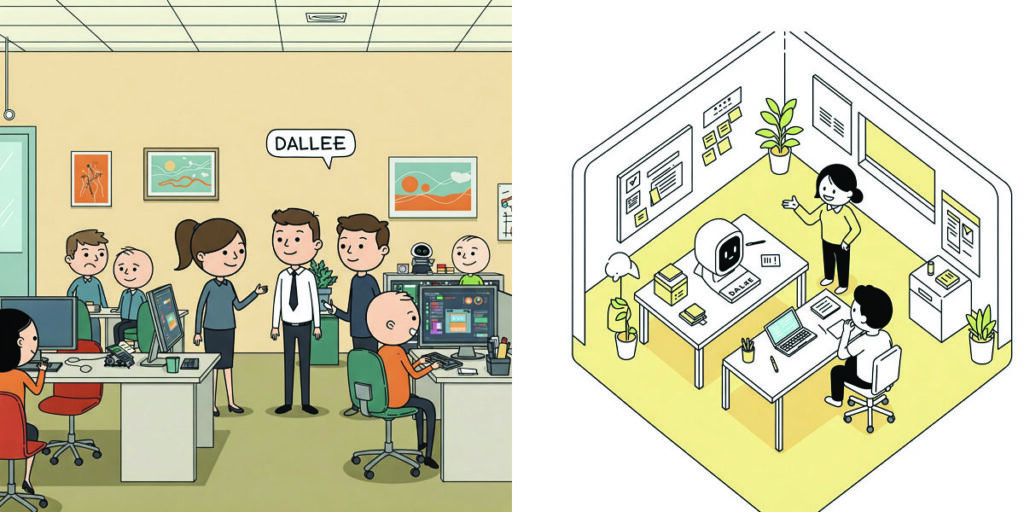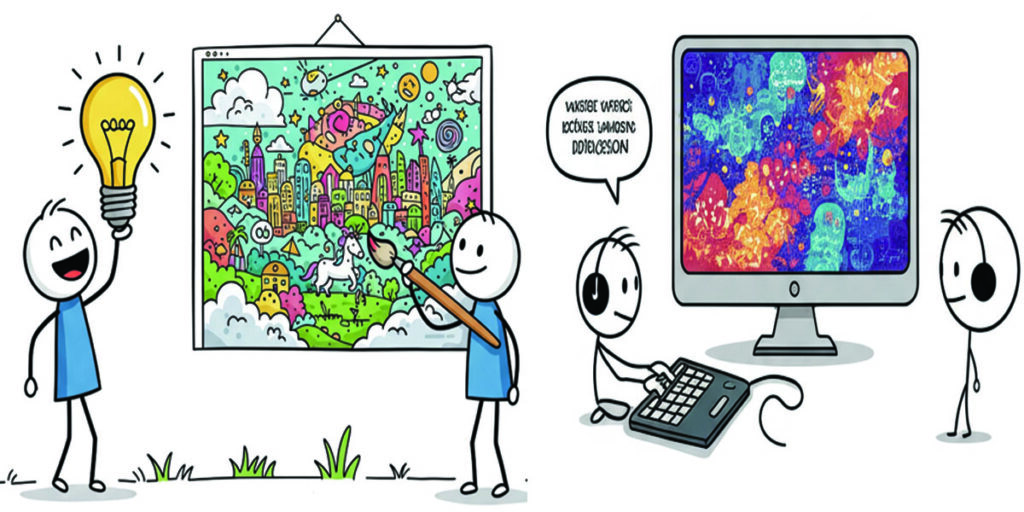In today’s rapidly advancing world of artificial intelligence, Anthropic has carved out a prominent place with its intelligent assistant, Claude. What sets Claude apart is its unwavering commitment to safety, reliability, and integrity—qualities that shape every part of its design and functionality. At its core, Claude is built to offer conversational experiences that are genuinely helpful, harmless, and honest.
Founded by former leading members of OpenAI, Anthropic was established with a clear mission: to create AI systems that are not only powerful but also interpretable and dependable. This guiding philosophy is deeply woven into Claude’s structure and training, marking a significant departure from earlier models that have sometimes drawn criticism for producing biased or harmful content.
One of the standout features of Claude is its foundation in Constitutional AI—a novel training methodology that introduces a set of guiding principles or a “constitution” to steer its behavior. These principles emphasize truthfulness, respect for user privacy, and a strict avoidance of harmful or inappropriate content. During training, Claude is repeatedly exposed to different scenarios and tasked with choosing responses that best align with these constitutional values. Through this iterative process, it learns to produce more consistent, responsible, and trustworthy answers.
This constitutional grounding gives Claude a key advantage: predictability and reliability. While most language models are trained on large swaths of internet data—which can include inaccuracies and biases—Claude’s responses are shaped by ethical standards from the ground up. It is designed to prioritize factual accuracy, refrain from speculative or misleading claims, and be transparent in its interactions.
Claude’s capabilities go far beyond safety-focused design. Its conversational skills are refined and naturally engaging, allowing it to understand context, nuance, and complex questions. It can support users across a wide variety of tasks, including:
- Summarization: Whether it’s a research paper, a long article, or meeting notes, Claude can distill lengthy content into clear, concise summaries that highlight the essential points.
- Content Creation: From formal emails to imaginative stories or poems, Claude can assist in crafting polished, creative content tailored to your needs.
- Question Answering: With a vast knowledge base, Claude offers clear and informative responses to questions across disciplines—be it history, science, or general knowledge.
- Code Generation and Debugging: Developers can rely on Claude to write snippets of code, explain programming concepts, or identify bugs in existing scripts.
- Creative Collaboration: Need help brainstorming ideas or exploring different perspectives? Claude can serve as a thoughtful collaborator, helping to generate innovative solutions and fresh viewpoints.
A cornerstone of Claude’s design is its focus on harmlessness. Anthropic has gone to great lengths to ensure that Claude avoids producing content that is offensive, harmful, or discriminatory. The constitutional AI framework plays a central role here by explicitly guiding the model away from problematic or risky areas during both training and output generation.
Although Claude shares technical similarities with other large language models in its ability to process and generate human-like text, its philosophy and implementation stand apart. Anthropic’s strong emphasis on ethical development and user safety points toward a future where AI assistants are not just tools—but trustworthy companions that genuinely enhance our personal and professional lives.
As Claude continues to grow and improve, its unique approach could influence the broader AI landscape, inspiring new standards in the development of responsible AI technologies. With its blend of transparency, creativity, and ethical grounding, Claude is a bold step forward in the quest to build AI that serves humanity with wisdom and care.
Building upon Claude’s foundation of safety and reliability, Anthropic has also focused on enhancing its contextual understanding and ability to engage in more complex reasoning. This allows Claude to participate in more nuanced conversations and handle tasks that require a deeper grasp of the user’s intent and the underlying information.
For instance, Claude can often maintain context across longer conversations, remembering previous turns and incorporating that information into its subsequent responses. This makes the interaction feel more natural and less like starting anew with each query. You could, for example, ask Claude to summarize a document and then ask follow-up questions about specific sections, and it would likely be able to refer back to the original text in its answers.
Furthermore, Anthropic is actively working on improving Claude’s ability to perform more sophisticated reasoning tasks. This includes things like:
- Logical Inference: Drawing conclusions based on the information provided. You might present Claude with a set of premises and ask it to deduce a logical consequence.
- Problem Solving: Applying its knowledge and reasoning skills to help users find solutions to problems. For example, you could describe a technical issue you’re facing, and Claude might suggest potential causes and troubleshooting steps.
- Multi-step Reasoning: Breaking down complex questions or tasks into smaller, manageable steps. If you ask Claude to plan a trip, it might ask clarifying questions about your preferences and then generate a multi-stage itinerary.
Another area of active development is interpretability. Anthropic is invested in understanding why Claude generates specific responses. This is crucial for identifying and mitigating potential biases or errors. By making the model’s reasoning process more transparent, developers can better refine its training and ensure its continued safety and reliability. While full interpretability remains a significant research challenge in the field of large language models, Anthropic’s commitment in this direction is noteworthy.
Claude is also being designed with user experience in mind. Anthropic aims to create an AI assistant that is not only safe and reliable but also intuitive and easy to interact with. This includes refining the way Claude presents information and ensuring that its responses are clear, concise, and helpful. The goal is to make Claude a valuable tool for a wide range of users, regardless of their technical expertise.
Moreover, Anthropic recognizes the importance of responsible deployment of AI technology. They are actively engaging in discussions about the ethical implications of large language models and are working to ensure that Claude is used in ways that benefit society. This includes considering potential misuse cases and implementing safeguards to prevent harmful applications.
In essence, Claude represents a deliberate and thoughtful approach to building conversational AI. By prioritizing safety, reliability, contextual understanding, complex reasoning, interpretability, user experience, and responsible deployment, Anthropic is carving out a unique space in the AI landscape. As the technology continues to advance, Claude’s development path will likely serve as an important case study in how to build powerful AI systems with a strong ethical compass. The ongoing efforts to refine its capabilities while maintaining a strong commitment to safety suggest a promising future for Claude as a dependable and beneficial AI assistant.




















